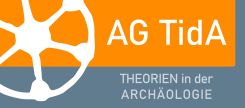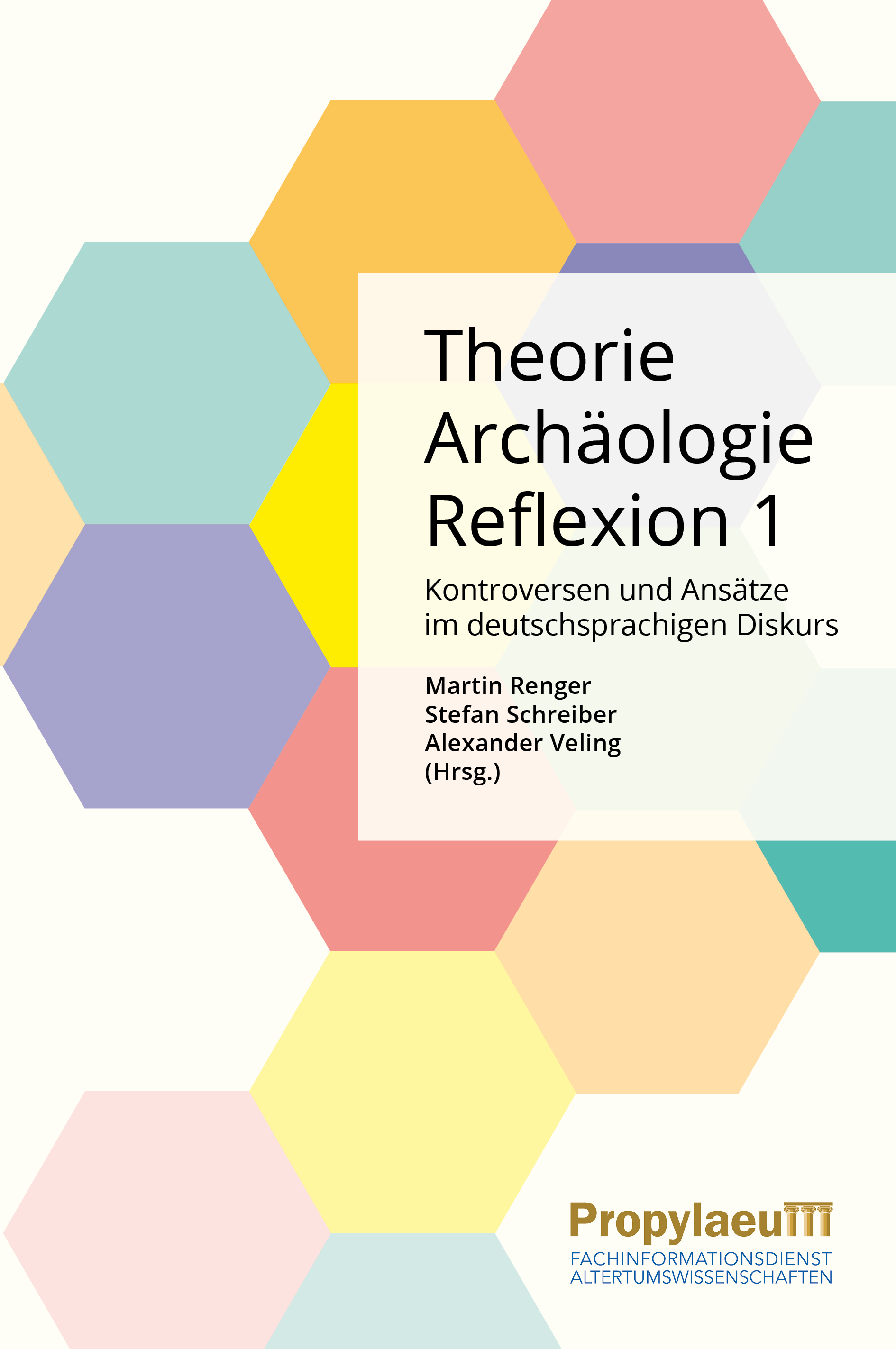Theoriedenken in der Archäologie
The series "Theoriedenken in der Archäologie" (Theory Thinking in Archaeology), short TidA, will be published in Gold Open Access and Print on Demand starting in 2023. It will be published by the Arbeitsgemeinschaft Theorien in der Archäologie e.V. (AG TidA) and the Leibniz-Zentrum für Archäologie (LEIZA). The series aims to publish both anthologies and, in individual cases, monographs, which are usually based on theory-focused conferences, workshops or initiatives organized by the AG TidA or LEIZA. The editors of the volumes and a peer review process will ensure their quality; depending on the volume, the languages of publication are primarily German and English.
In terms of content, the series stands for reflective and critical scholarship and research across the field of theories and methods, in German-speaking, but also in international archaeology and related subjects. The focus is on academic reflection on the theoretical-methodological foundations of archaeological research as well as its social references.


Editors
Arbeitsgemeinschaft Theorien in der Archäologie e.V. (AG TidA)
Postfach 332020
14180 Berlin
E-Mail: vorstand@agtida.de
Internet: https://www.agtida.de/
Leibniz-Zentrum für Archäologie (LEIZA)
Ludwig-Lindenschmit-Forum 1
D-55116 Mainz
Tel.: +49 6131-8885-455
E-Mail: theoretische.archaeologie@leiza.de
Internet: https://www.leiza.de/
Published so far
Theorie | Archäologie | Reflexion 2: Kontroversen und Ansätze im deutschsprachigen Diskurs
The double volume “Theory | Archaeology | Reflection. Controversies and approaches in German-language discourse” is dedicated to the diversity of approaches that shape archaeological theoretical discourse today and in the near future. To this end, it brings together groundbreaking contributions, exciting thought experiments and initial theoretical approaches across the archaeological spectrum. Both established and young academics contribute new impulses and approaches to the discourse or discuss existing approaches. The contributions in volume 2 focus on relations and relationships, time and space as well as models, analogies and abstractions in archaeology.
Theorie | Archäologie | Reflexion 1: Kontroversen und Ansätze im deutschsprachigen Diskurs
The double volume “Theory | Archaeology | Reflection. Controversies and approaches in German-language discourse” is dedicated to the diversity of approaches that shape archaeological theoretical discourse today and in the near future. To this end, it brings together groundbreaking contributions, exciting thought experiments and initial theoretical approaches across the archaeological spectrum. Both established and young academics contribute new impulses and approaches to the discourse or discuss existing approaches. The articles of the first volume focus on disciplinary definitions, standpoints and positioning, as well as on questions of ethics and responsibility in archaeologies.








